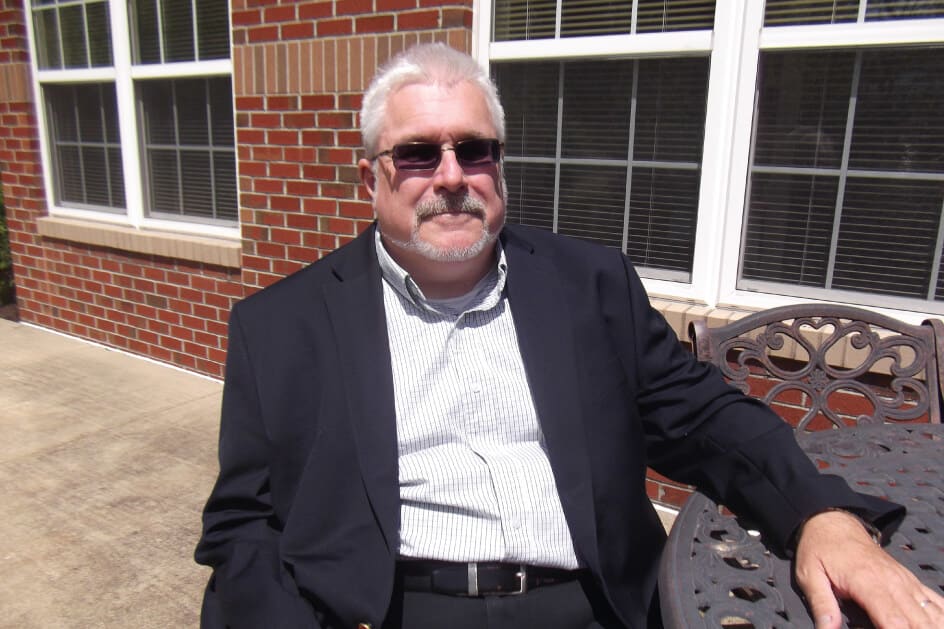
Mark T. Stauffer
After taking undergraduate analytical chemistry in the mid-1970s, Mark Stauffer was convinced that analytical chemistry was the type of work he wanted to do as a chemist. “It was a combination of seeing how chemistry can be employed in a practical, useful, and helpful sense…plus, it uses lots of math, which I also enjoy.” Stauffer was firmly convinced of this after working in an industrial R & D analytical laboratory for a major chemicals manufacturer during the 1980s. “In mid-1991, I left industry to pursue an advanced degree in chemistry at the University of Pittsburgh, my undergrad alma mater. I consider this decision to be one of the best, if not the best, I’ve made so far.” By the time he completed his doctorate in 1998, Dr. Stauffer wanted to pursue an academic career in analytical chemistry, at a primarily undergraduate institution. Additionally, his already strong interests in data analysis led to a strong interest in chemometrics and the use of various software for analytical data treatment. Leap ahead to 2015 – “I’m an associate professor of chemistry at the University of Pittsburgh’s Greensburg, PA regional campus, teaching undergraduate analytical chemistry and instrumental analysis, mentoring undergraduates in research projects involving determination of metals and nonmetals in a variety of sample types, offering a short course on analytical data treatment at Pittcon, and offering in the current semester a course in chemometrics for chemistry majors at Pitt-Greensburg for the very first time. I’m doing exactly what I had hoped for all these years!”


